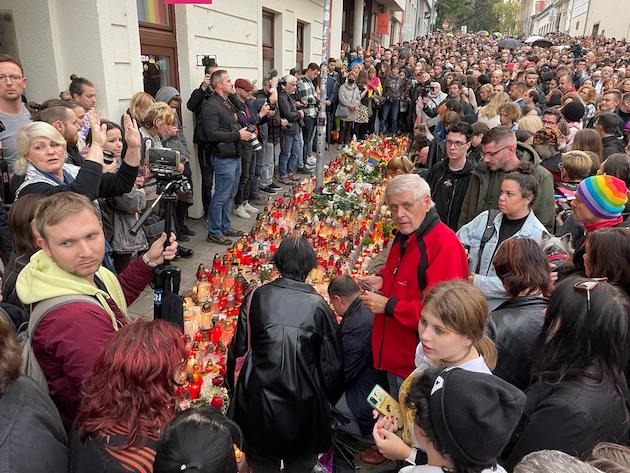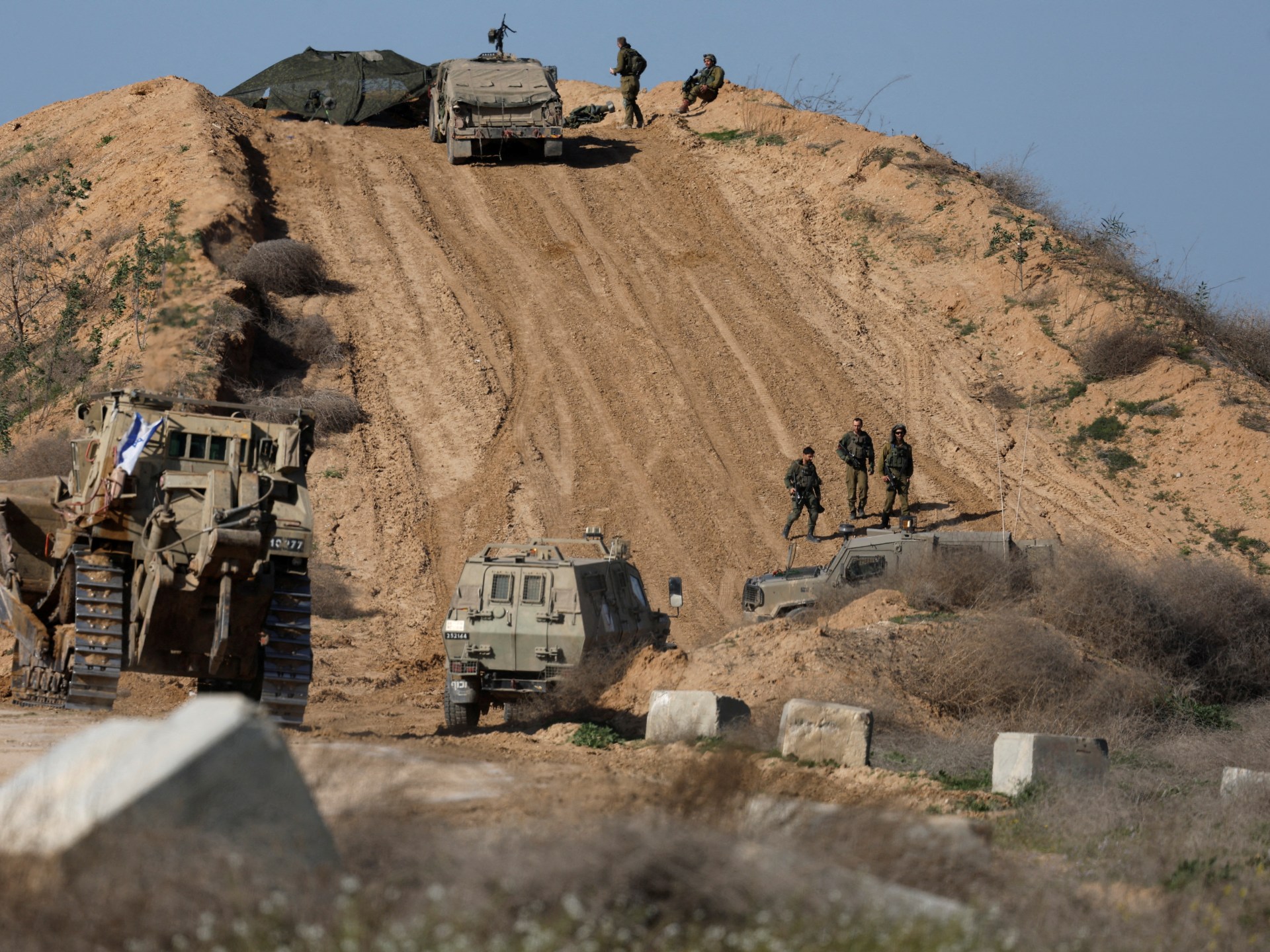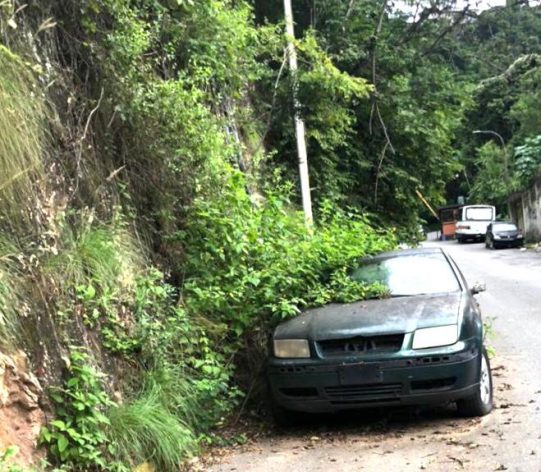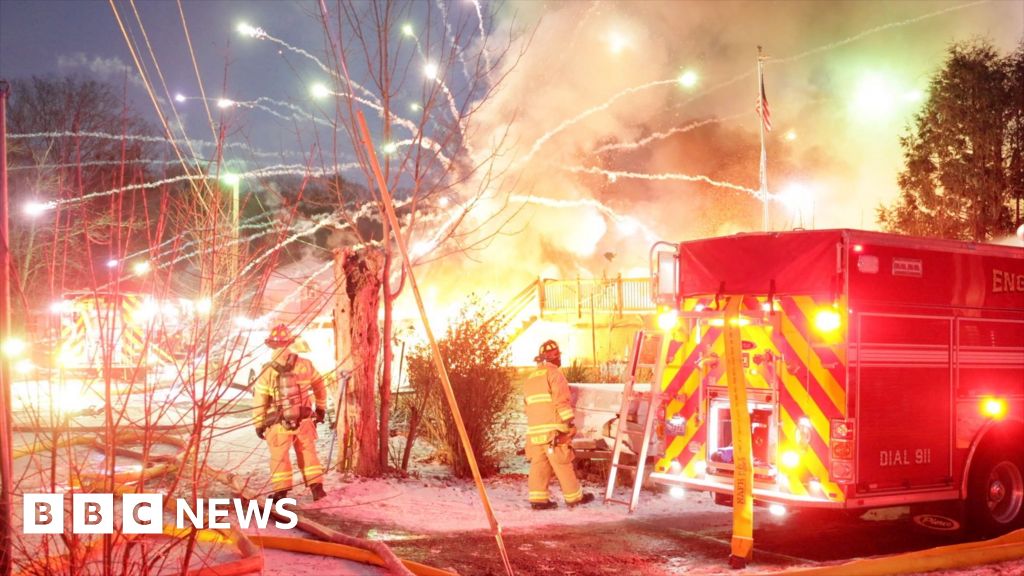Why does Israel step up its attacks when Gaza ceasefire talks advance? | Israel-Palestine conflict
Ninety people have been killed and 300 wounded in an Israeli attack on the al-Mawasi area of Khan Younis, a supposed safe zone in the southern Gaza Strip. At least eight United Nations-run schools have been hit by Israel’s military in 10 days.
Israeli attacks on Gaza have intensified recently despite ongoing ceasefire talks in Doha and Cairo. Reports said the talks were showing signs of progress towards a truce and return of Israeli captives held in Gaza before the attacks on Saturday.
Discussions involving Arab mediators and the United States began in May but have faced stiff opposition from Israeli Prime Minister Benjamin Netanyahu. Hamas denied reports on Sunday that it had withdrawn from the talks over the attack on al-Mawasi, but Izzat al-Reshiq, a member of Hamas’s politburo, said Israel was trying to derail efforts to reach a ceasefire by intensifying attacks on the Gaza Strip.
Israel has in fact repeatedly escalated the war when talks for ending it have been in advanced stages, according to analysts. They said this is a tactic Israel regularly deploys to apply pressure on its opponents and does so with impunity due to steadfast support from the United States.
“Israel has always ratcheted up the intensity of attacks on their opponents in the lead-up to ceasefires,” said Tariq Kenney-Shawa, a policy fellow with Al Shabaka, a Palestinian policy network. “They see it as a means of increasing pressure on the other side, in this case Hamas, to accede to their demands and make further concessions.”
Netanyahu’s calculations
When a ceasefire appeared close in late May, Israel rolled tanks into Rafah in southern Gaza, violating treaties with Egypt. And in November, when a temporary truce had been negotiated, Israel stepped up its attacks on northern Gaza, killing dozens of people and executing air raids in Khan Younis and Rafah just before the pause in the fighting was to come into effect.
In Israel, protests against Netanyahu’s far-right coalition government have carried on for months with Israelis calling for the return of the captives and the premier’s resignation. Analysts have argued that Netanyahu is perpetuating the war, including through escalations for his own personal interests.
“Netanyahu has repeatedly made it clear that he does not want the war to end,” Kenney-Shawa said, “both because Israel has not achieved its stated objectives, apart from the complete destruction of Gaza, and because of his political fears.”
Critics and analysts said Netanyahu fears ending the war because it will lead to the collapse of his far-right government.
“There are no indications that Netanyahu intends to stop the genocidal war anytime soon,” said Ihab Maharmeh, a researcher at the Arab Center for Research and Policy Studies in Doha. “His primary concern seems to be maintaining his power and supporting the far-right current in his government.”
Meanwhile, US President Joe Biden’s administration has sent billions of dollars in weapons shipments to Israel since October. This is in addition to the $3.3bn in annual aid from Washington. Apart from briefly withholding a shipment of 225kg (500lb) bombs over Israel’s Rafah offensive, Biden has continued to send Israel weapons despite the human toll of the war.
![A displaced Palestinian woman reacts at a UN school used as a shelter, following an Israeli strike, amid Israel-Hamas conflict, in Nuseirat in the central Gaza Strip July 16, 2024. [Ramadan Abed/Reuters]](https://www.aljazeera.com/wp-content/uploads/2024/07/2024-07-16T141540Z_776473178_RC2CW8AVXHOC_RTRMADP_3_ISRAEL-PALESTINIANS-1721158565.jpg?w=770&resize=770%2C513)
Pattern of behaviour
The escalation in hostilities running parallel to progress in ceasefire talks is not unique to the current crisis. Analysts said this is a pattern of behaviour that Israel has exhibited dating back decades.
At certain points in history, Israel has also launched attacks or dumped munitions when ceasefires were imminent or already agreed upon.
“The reason [for their intensification during ceasefire talks] is clear,” Mohsen Saleh of the al-Zaytouna Centre for Studies and Consultations in Beirut said. “The Israeli entity is above the law and is not held accountable … due to its global alliances in the West and with the United States.”
During the second Intifada in 2002, Palestinian officials and Western diplomats said Tanzim, a militia close to Fatah, the party that governs the occupied West Bank, was set to announce a unilateral ceasefire “before an Israeli warplane dropped a one-ton bomb … on a Hamas leader’s home in Gaza City”, The New York Times reported.
In 2006, Human Rights Watch reported that Israel dumped 2.6 million to 4 million munitions in southern Lebanon in the final days of the 34-day war as a ceasefire with Hezbollah was imminent. This was part of a strategy to create a buffer zone in southern Lebanon, experts said, by making the land along Lebanon’s border with Israel uninhabitable.
“[Israel’s military] basically emptied out all the reserves of submunitions, including some going back to the ’70s,” Nadim Houry – the executive director of the Arab Reform Initiative, who led Human Rights Watch’s Beirut office at the time – told Al Jazeera. “Everyone knew the war was over. They had actually agreed on the final date.”
In 2012, Israel assassinated a Hamas leader just two days after Palestinian factions agreed to a truce. The truce came after a week of violence and at least six Palestinians killed by Israeli attacks.
And during the 2014 war on Gaza, many displaced Palestinians were heading home after a ceasefire announcement when a firefight between Israeli soldiers and Hamas operatives broke out. Israel’s military invoked the Hannibal Directive, a protocol that aims to prevent Israeli captives from being taken alive into enemy territory — whatever the cost. A report by Human Rights Watch and Forensic Architecture found that at least 16 Palestinian civilians were killed. The joint report described Israel’s use of the directive as “likely unlawful and responsible for many civilian deaths”.
Israeli officials have denied the existence of the Hannibal Directive although senior Israeli military sources have confirmed its use to Israeli media, including on October 7.

Escalations
So what do the current escalations tell us about the present ceasefire negotiations?
Analysts said they believe a permanent ceasefire is nearly unattainable because Israel under Netanyahu is committed to continue fighting and is still receiving military aid and diplomatic support from the United States.
In the early days of the assault on Gaza, Netanyahu promised to defeat Hamas. In the interim, he has rejected ceasefire proposals and promised to continue fighting as long as the group remains standing. Netanyahu recently argued that the weekend Israeli attack that killed 90 people in al-Mawasi would send a clear message that “Hamas’s days are numbered”.
While the Israeli military has destroyed much of Gaza, the eradication of Hamas has proved illusive. In late June, Daniel Hagari, an Israeli military spokesman, went as far as to contradict Netanyahu.
“This business of destroying Hamas, making Hamas disappear – it’s simply throwing sand in the eyes of the public,” Hagari told an Israeli television station. “Hamas is an idea. Hamas is a party. It’s rooted in the hearts of the people. Whoever thinks we can eliminate Hamas is wrong.”
But an undefined goal might be part of Netanyahu’s thinking, according to Kenney-Shawa, allowing him to continue the war as long as he sees fit.
Netanyahu will “either force Hamas into agreeing to a temporary ceasefire that allows for the return of some or all of the hostages, after which Israel will resume its brutal assault”, Kenney-Shawa said, “or simply continue the assault while ceasefire negotiations stop and start as long as Israel continues to receive a blank cheque and green light from the US”.
Check out our Latest News and Follow us at Facebook
Original Source







